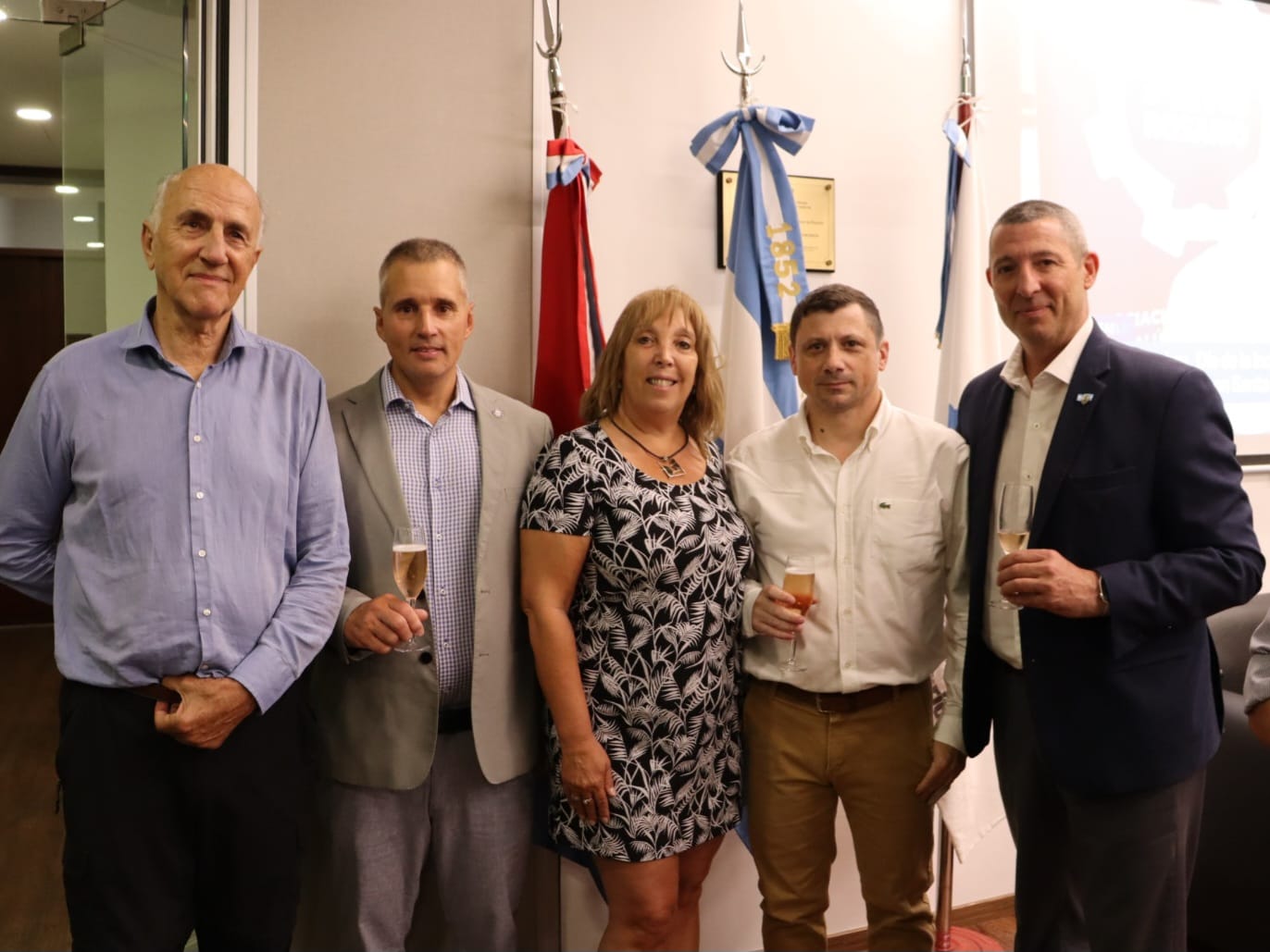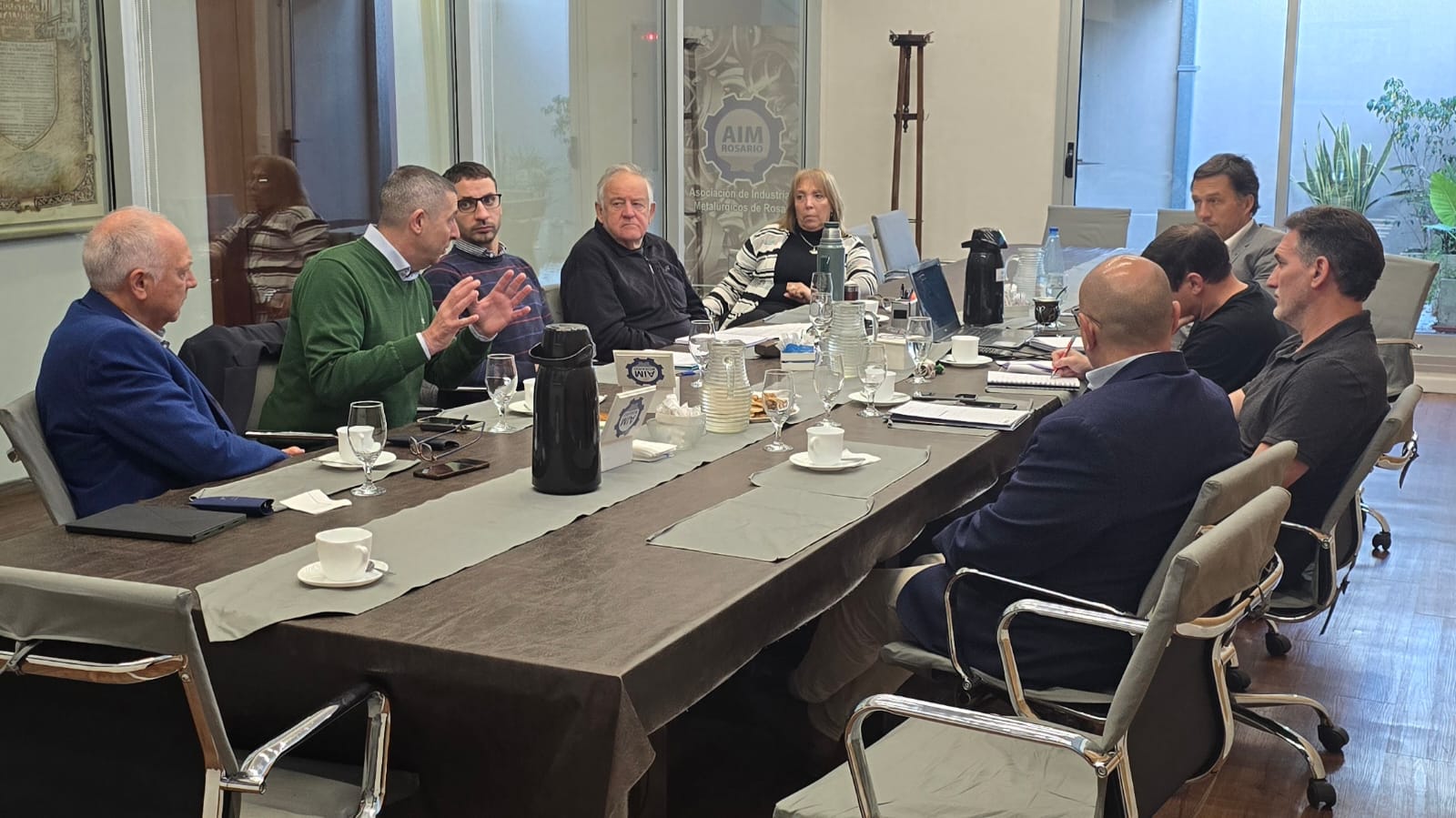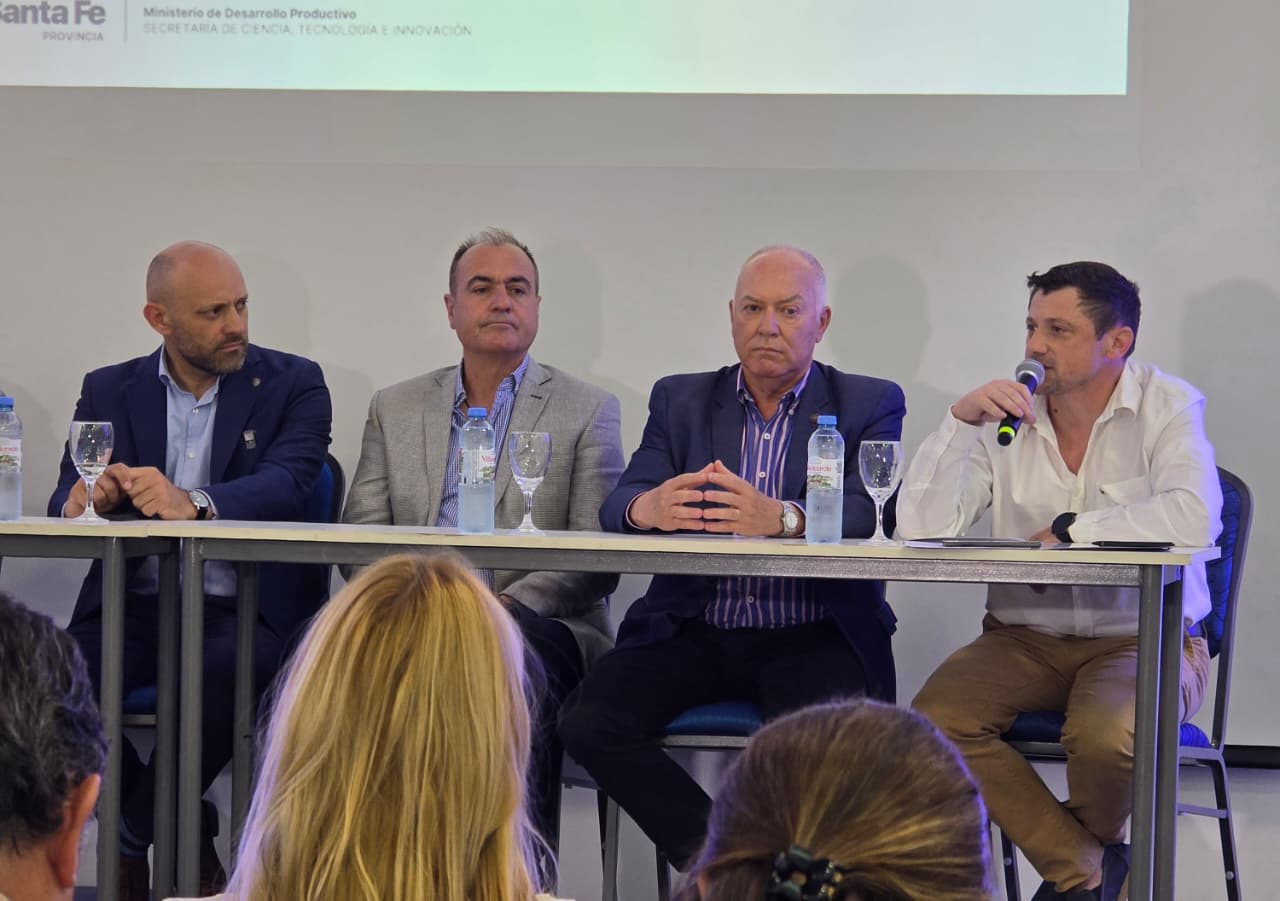Meeting of the Expanded Board of Directors with Minister Kulfas
Dear Industrialists,
Within the framework of the efforts carried out by the institution, we held a meeting of the expanded Board of Directors with the Presidents of the Sectoral and Regional Chambers with the Minister of Productive Development of the Nation, Matías Kulfas. The meeting was held virtually and more than 70 authorities from metallurgical chambers from all over the country participated.
During the meeting, the president of ADIMRA, Orlando Castellani, highlighted the importance of maintaining a permanent dialogue with the authorities of the Ministry to be able to raise the challenges that will allow the production of the sector to be enhanced. Likewise, he highlighted that, although production has been registering a progressive recovery, coordination is important to enhance growth and that it extends to all areas of the network.metallurgical. “The metallurgical industry is the heart of the productive fabric of a country and we are convinced that we will only be able to achieve sustained and inclusive industrial development if the private and public sectors work associatively,” said Castellani during the opening.
Next, we share the central points of the meeting:
1) Regime for Capital Manufacturers: ADIMRA highlighted the importance of the regime. However, concerns were raised about the existing delays in bonus collections that impact the competitiveness of companies. In this sense, the Ministry said that they identified inconsistencies in multiple presentations, but that they will work to accelerate collections. Likewise, he announced that the current instrument as designed may require a changeand it would be time to think about a Law that is until 2030 within the framework of a more automatic mechanism, that is auditable, but that gives predictability to companies. ADIMRA agreed on the importance of having a Law, but in parallel a specific work table was requested for the treatment of existing stocks.
2) Public Purchases: the weight that the State has as a client of metallurgical companies was highlighted and therefore work to accelerate collection processes, as well as rethink the current public purchasing scheme so that State acquisitions allow for the strengthening local production.
3) Foreign Trade: metallurgical exports are almost 40% below what they reached a decade ago. In this sense, the importance of reviewing the current export duty scheme (withholding) was highlighted.ones) and refunds to promote metallurgical exports. On this point, the minister clarified that there is no interest from the Government in delaying the exchange rate and said that, although there are fiscal issues to pay attention to, one could think about replicating a scheme like the one used for the automotive sector from which no export duties are paid for incremental ones. Likewise, ADIMRA raised concerns about current negotiations regarding the Common External Tariff (CET) and the positions of the other Mercosur partners, as well as unilateral negotiations that could be carried out by other partners and that would adversely impact local production. The Minister acknowledged that Brazil is presenting a tough position and that there is tension in Mercosur over this issue due to the proposals that exist to make external relations more flexible.And he added that the Government's vision is to aim for a non-naive integration.
4) Inputs: it was stated that, although there is a permanent dialogue with the main manufacturers of basic inputs, there is concern both about the permanent increases in costs, and in certain cases about the difficulties in accessing the necessary inputs. The minister described that this is a global problem, and that a space for dialogue be established to work on the issue and inform him about those cases in which there are very significant increases.
5) Sectoral Issues: specific issues such as the auto parts, nuclear, and energy agenda were also raised. On this point, at the meeting it was highlighted that Argentina has a network of companies integrated in the chain of oil and gas suppliers, and that the Hydrocarbons Law projectIt could serve to take advantage of the natural resources that the country has to enhance local production. In this sense, the importance of the Law that would be discussed in Parliament aims to promote the development of the entire value chain, contemplating the externalities that it would generate for the entire economy. On this point, the Minister of Productive Development said that they want to encourage more integration of engineering, parts and pieces in the country for investments, and to limit those imports that are not necessary. And he stated that the version that is being discussed today does not have any used components that can enter with a 0% tariff.



.jpeg)

